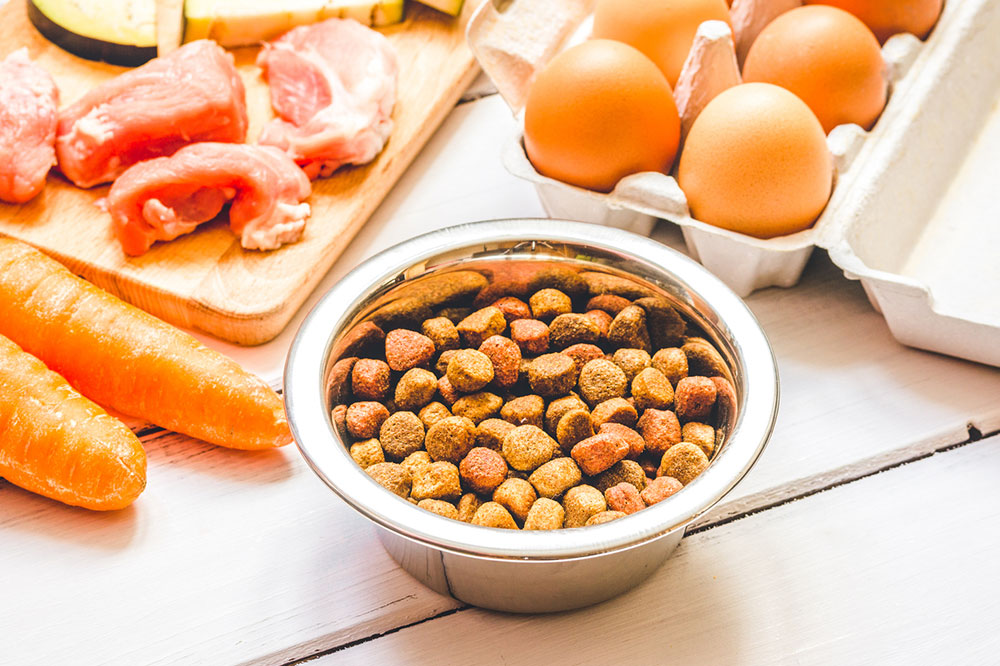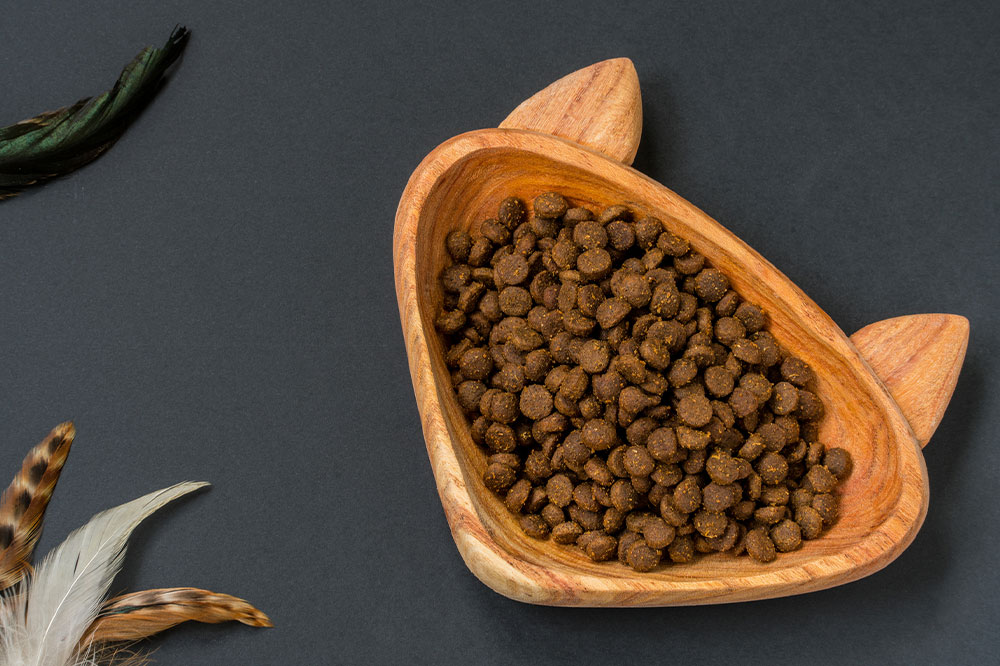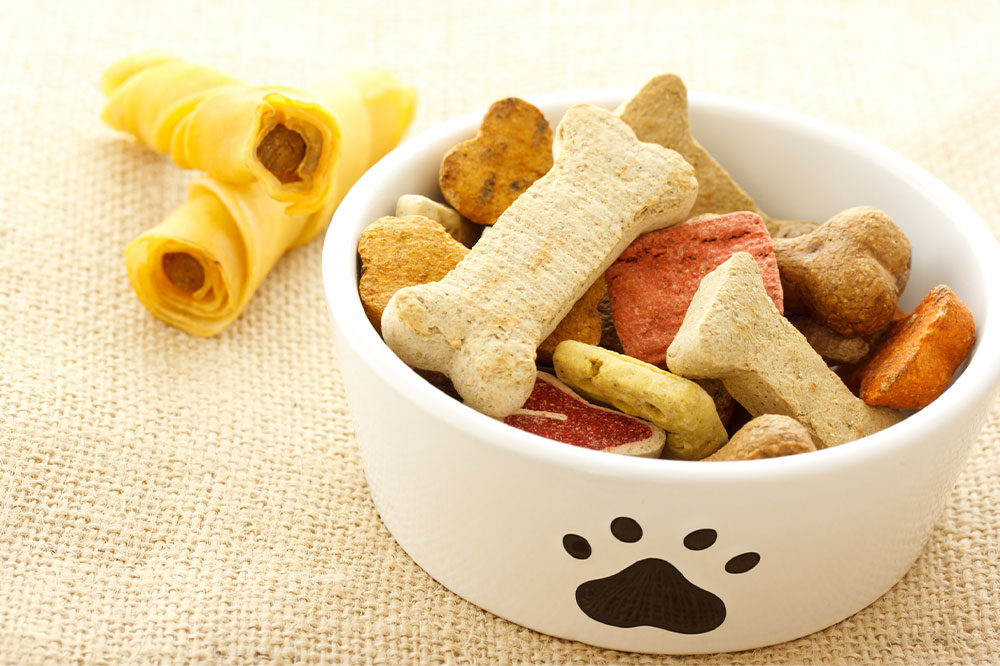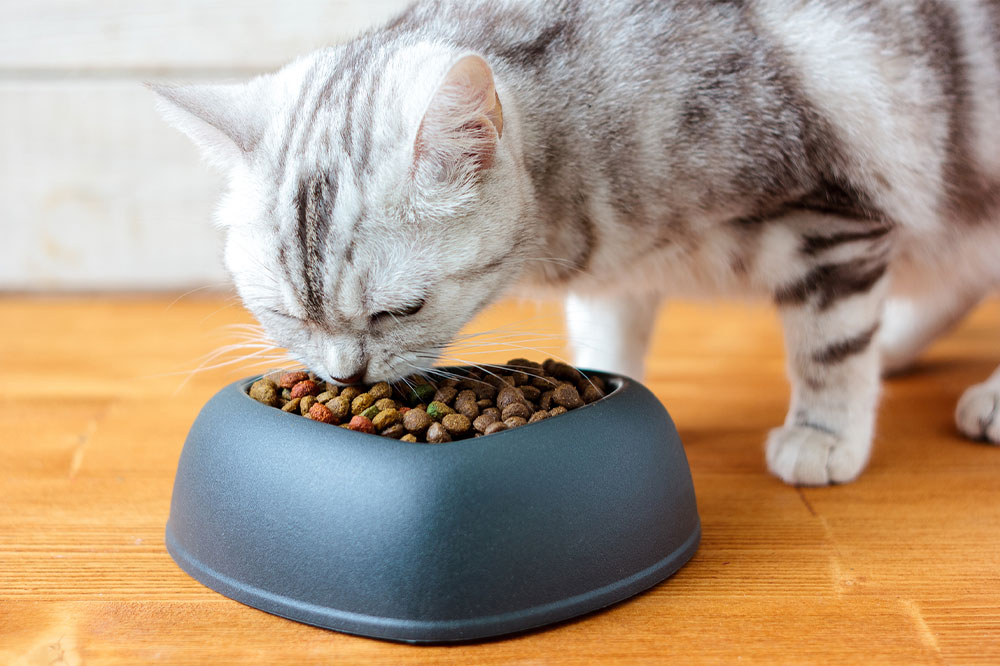Top 5 Nutritious Foods to Help Pets Manage Diabetes Effectively
Discover the top five nutritious foods ideal for helping pets manage diabetes effectively. Learn how lean meats, bone broth, fiber-rich ingredients, whole grains, and vegetables can support your pet's health and blood sugar regulation. Expert tips included for integrating these foods into your pet care routine, promoting a longer, healthier life for diabetic pets.

Managing diabetes in pets such as dogs and cats requires careful attention to their diet, as proper nutrition plays a pivotal role in controlling blood sugar levels and promoting overall health. Since our pets rely entirely on us for their meals, selecting foods that support their metabolic health and prevent complications is essential. Diabetes in pets typically results from an inefficient pancreas, which hampers insulin production and regulation of blood glucose. Incorporating the right nutrient-dense foods into their diet can significantly improve their quality of life, keep them active, and prevent the worsening of diabetic symptoms. Here, we explore the top five nutritious foods that are highly beneficial for diabetic pets and can be integrated into their daily diet.
Lean Meats and Fish
Opt for low-fat, high-protein sources of meats and fish that are safe for diabetic animals. Examples include ground turkey, dried chicken, and lean cuts of beef, which serve as excellent protein sources helping to maintain muscle mass and support metabolic functions. These meats are low in saturated fats and do not cause a spike in blood sugar. Furthermore, treats like beef jerky or dried chicken strips can be given in moderation, providing variety and palatability to their diet. For feline companions, dried salmon and sardines are excellent choices—they are rich in omega-3 fatty acids, which play a role in reducing inflammation, supporting heart health, and improving skin and coat condition, all of which are crucial for diabetic cats.
Bone Broth
Bone broth stands out as a flavorful and nutrient-rich liquid that supports various health aspects for pets managing diabetes. It is high in protein and minerals, fostering gut health and improving appetite, especially for pets that may be finicky eaters. Additionally, bone broth promotes stronger bones and provides hydration, which is particularly beneficial for pets that tend to drink less water. To prepare bone broth safely, use bones from grass-fed or organic sources and avoid adding seasonings, salt, or onions, which can be harmful. Regularly offering warm, unsalted bone broth can enhance your pet's nutritional intake and overall well-being.
High-Fiber Ingredients
Fiber plays a crucial role in managing blood sugar levels by slowing down glucose absorption in the digestive tract. Including high-fiber foods in your pet's diet can help stabilize blood sugar, support digestive health, and sustain energy. Sources such as kelp, flaxseed, oats, and pumpkin are high in soluble and insoluble fibers, providing additional benefits like reducing oxidative stress and supporting weight management. A diet enriched with fiber can also promote feelings of fullness, which helps in controlling weight—a vital aspect for diabetic pets.
Whole-Grain Flours
Replacing refined flours with whole-grain options is a smart choice for diabetic pets. Whole grains like barley, oats, or spelt are packed with nutrients and digest more slowly, resulting in a steadier blood sugar response. Whole-grain flours are easier to digest and better at maintaining stable glucose levels compared to their refined counterparts. You can incorporate these flours into homemade treats or meals, supporting your pet’s metabolic health and preventing unnecessary blood sugar spikes.
Vegetables
Vegetables are an essential part of a diabetic pet’s diet, offering fiber, vitamins, minerals, and antioxidants without many calories. They help in maintaining a healthy weight, enhancing immune function, and combating oxidative stress, which can exacerbate diabetic complications. Low-calorie vegetables like broccoli, spinach, and green beans are particularly beneficial, providing essential nutrients while supporting weight management. Adding these vegetables to your pet’s meals can improve digestion, boost their immunity, and help in controlling blood sugar levels effectively.
In conclusion, a thoughtful selection of foods can make a substantial difference in managing your diabetic pet’s health. Incorporating lean meats and fish provides vital proteins and healthy fats that support overall metabolic functions. Bone broth offers hydration and gut health benefits, while high-fiber ingredients help regulate blood sugar. Whole-grain flours ensure slow glucose absorption, and vegetables contribute antioxidants and essential nutrients. Remember, always consult your veterinarian before making significant dietary changes to ensure they are suitable for your pet’s specific health condition. With proper nutrition, regular exercise, and veterinary care, you can help your pets live happier, healthier lives despite their diabetes.




